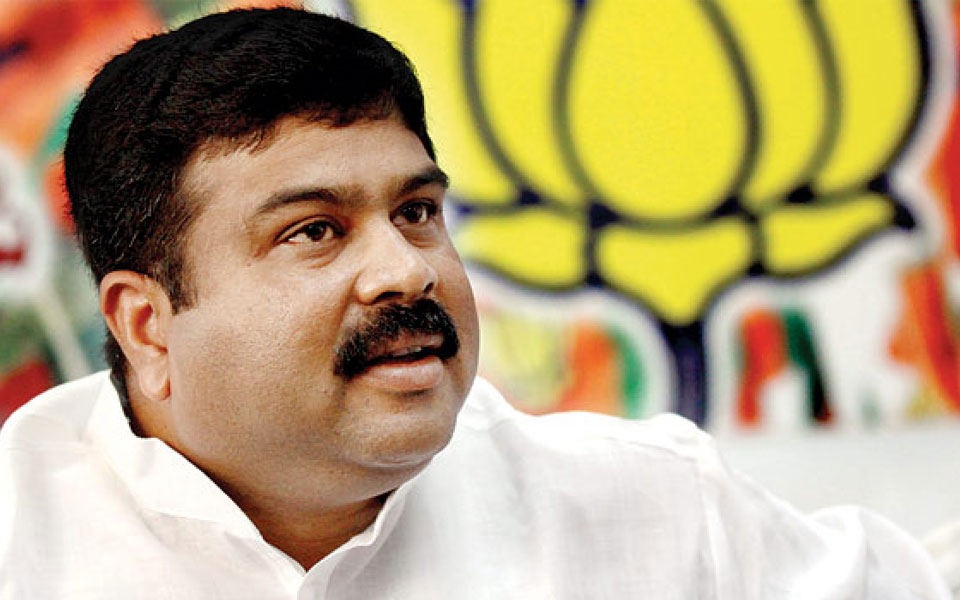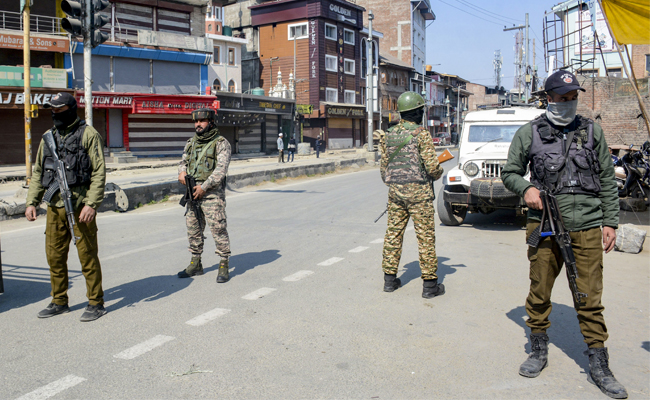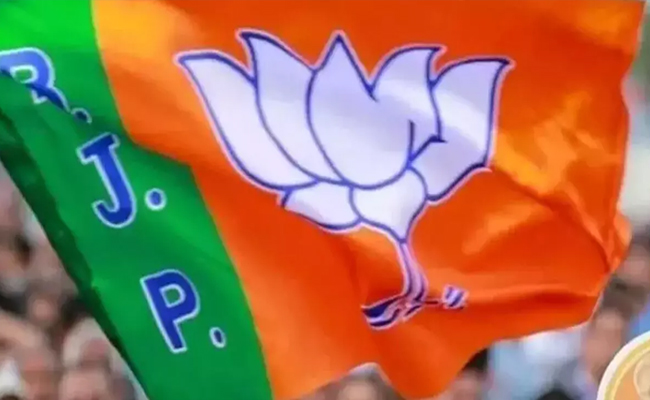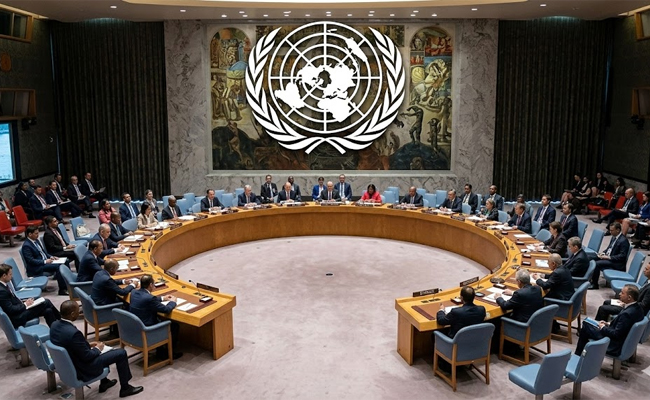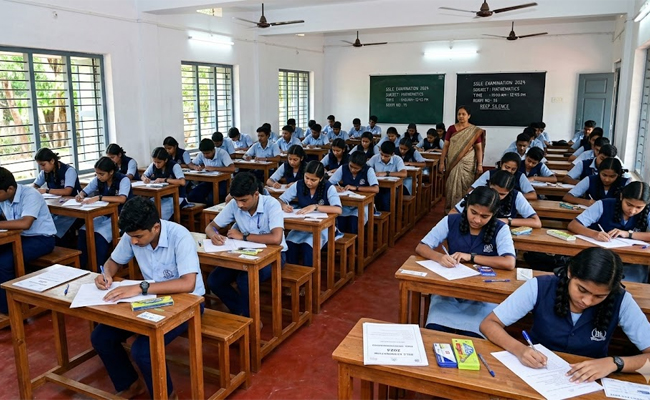Bhubaneswar, June 8 : Union Petroleum Minister Dharmendra Pradhan on Friday said East Asian countries should work together to deal with the insecurities associated with maritime terrorism and crimes including trafficking of humans and drugs.
"The regional countries should work together to deal with the insecurities associated with maritime terrorism, maritime crimes, including trafficking of humans and drugs; the smuggling of small arms, other light weapons and weapons of mass destruction," Pradhan told the 3rd East Asia Summit (EAS) conference on maritime security and cooperation here.
He said countries must adhere to the freedom of navigation and over-flight and the other related internationally lawful uses of the sea and the peaceful settlement of maritime territorial disputes in accordance with the established principles of international law.
The contemporary maritime security discourse highlights a significant rise in threats at sea, particularly from non-state actors, said Pradhan.
"The ASEAN-India Maritime Transport Agreement (AIMTA), which is presently under negotiation, would help improve access to maritime services through greater transparency in maritime regulations, policies and practices of trading partners; facilitating the flow of commercial goods at sea and at ports," the Minister said.
India, being an important member of EAS, has been playing a key role in the three pillars of culture, commerce and connectivity, he added.
Pradhan said that Prime Minister Narendra Modi reaffirmed India's key role in maritime security and cooperation for strengthening the Indo-Pacific.
"Sea lanes of communications are the lifeline to our energy and global commerce, in general. We need to ensure that the global oil transportation and trade routes remain peaceful and free for all. It must also be our endeavour to revive and energize ancient maritime links in a contemporary setting," he said.
Let the Truth be known. If you read VB and like VB, please be a VB Supporter and Help us deliver the Truth to one and all.
Srinagar (PTI): Normal life in Kashmir was affected for the fifth consecutive day as partial restrictions on movement of people remained in force as a precautionary measure.
The restrictions were imposed on Monday after spontaneous protests broke out across Kashmir a day earlier against the killing of Iran's supreme leader Ayatollah Ali Khamenei in US-Israel joint strikes.
Chief minister Omar Abdullah on Wednesday held a meeting with civil society representatives and religious leaders as part of efforts to bring the situation back to normalcy.
ALSO READ: Protests against Khamenei's killing: Curbs remain in force in Kashmir
After the meeting, Abdullah appealed to people to maintain peace while expressing grief and anger in "mosques, shrines and Imambaras".
The government has shut educational institutions till Saturday, and reduced mobile internet speeds.
"Restrictions on the movement and assembly of the people continued in many parts of Kashmir on Thursday," the officials said.
A large number of police and paramilitary CRPF personnel were deployed across the city to prevent gatherings of protestors, the officials said.
They added that concertina wires and barricades were placed at important intersections leading into the city, while asserting that these were precautionary measures imposed to maintain law and order.
The iconic Ghanta Ghar in the city centre of Lal Chowk here continued to remain a no-go zone after the authorities sealed area with barricades erected all around it on late Sunday night.
The move to seal the Ghanta Ghar came after it witnessed massive protests on Sunday after Khamenei's assassination in the joint air strikes by the US and Israel.
This is the first time since August 2019 -- when Article 370 was revoked -- that protests on such a large scale have taken place in Kashmir.

